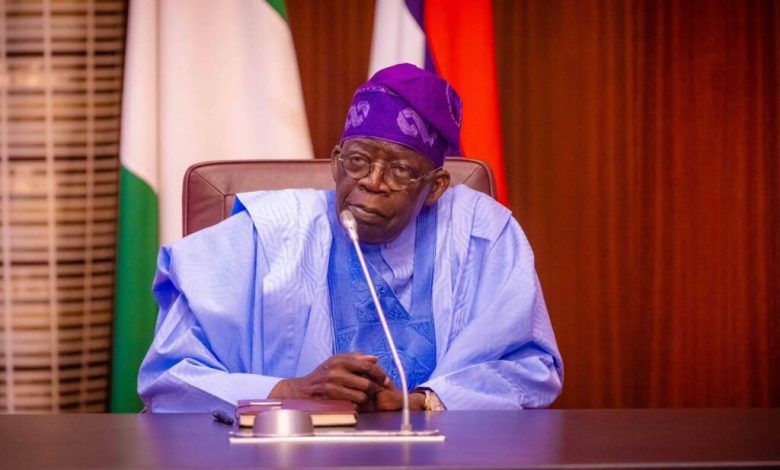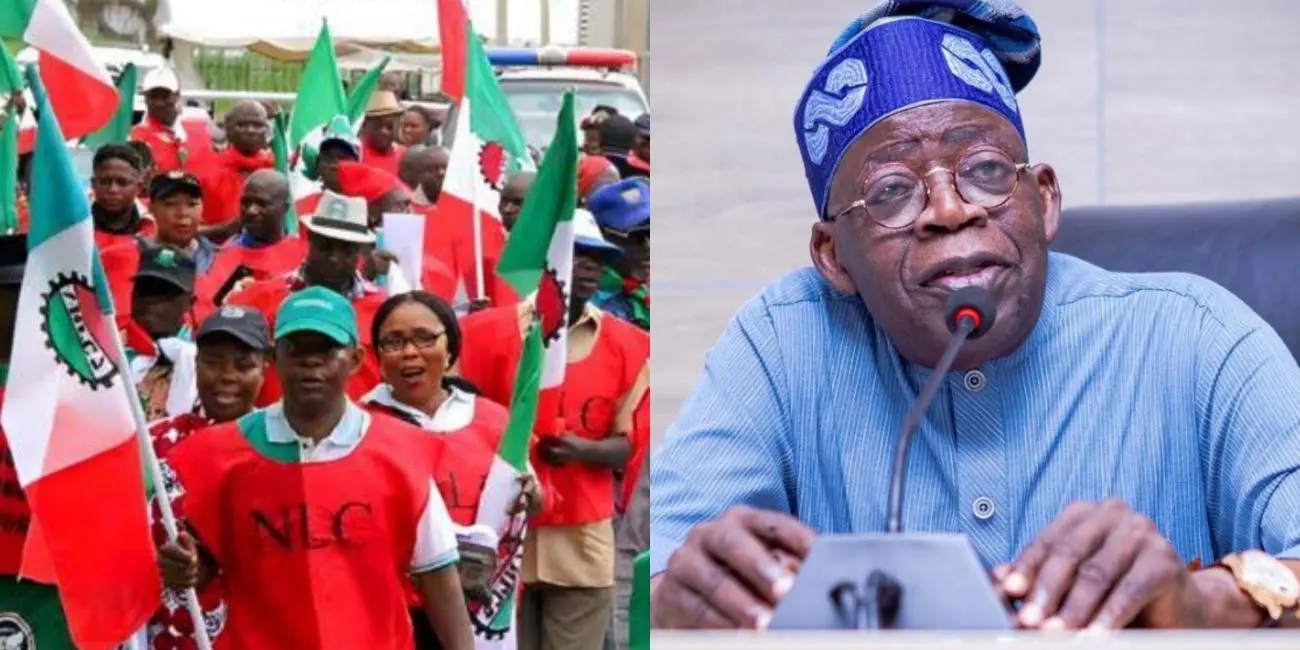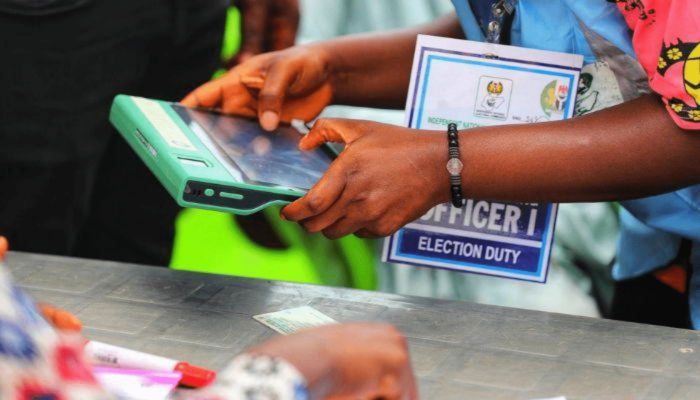
In a nationally broadcast address marking his second year in office, President Bola Ahmed Tinubu declared that Nigeria’s economic reforms are beginning to produce tangible results. Despite widespread economic hardship, Tinubu insisted the nation is now on a “sustainable path toward growth, equity, and stability.”
President Tinubu emphasized that his administration’s bold policy shifts—especially in fiscal and economic governance—are reversing long-standing structural weaknesses:
Tinubu highlighted a drop in Nigeria’s fiscal deficit from 5.4% of GDP in 2023 to 3.0% in 2024. He credited this progress to increased revenue collection, better transparency, and an end to the controversial “Ways & Means” deficit financing by the Central Bank.
Acknowledging the economic strain on citizens, the president noted that prices of key staples like rice are beginning to fall—an early sign, he said, of cooling inflation.
Tinubu reported a resurgence in oil industry activity, with rig operations rising over 400% since 2021 and more than $8 billion in fresh investments pouring in.
Nigeria’s tax-to-GDP ratio has climbed from 10% to 13.5% under Tinubu’s administration, reflecting aggressive reforms led by the Presidential Committee on Fiscal Policy and Tax Reforms.
Ongoing mega-projects include the Lagos–Calabar Coastal Highway and the Abuja–Kaduna–Zaria–Kano expressway, among others. These are aimed at stimulating commerce and improving national connectivity.
To boost food security, Tinubu announced large-scale support for farmers through the provision of thousands of tractors, tools, and fertilizer.
The All Progressives Congress (APC) lauded Tinubu’s reforms as necessary and timely, formally endorsing him for a second term in 2027.
However, opposition figures and civil society groups have criticized the reforms for fueling inflation, triggering fuel price hikes, and worsening poverty. Organized protests and labor strikes have demanded more immediate relief and social safety nets.
President Tinubu reaffirmed his commitment to the Renewed Hope Agenda, a policy blueprint focused on inclusive economic development, governance reform, and poverty alleviation.
“We are building the foundation for a stronger, more resilient economy. The sacrifices are great, but so too are the rewards,” Tinubu stated.
“The alternative was economic collapse. Now, the future looks more promising.”
Despite early signs of macroeconomic recovery, analysts say Tinubu’s next challenge will be to ensure that reforms translate into real improvements in living standards. His ability to balance fiscal discipline with social protection will likely define the trajectory of the remainder of his term.
While Tinubu’s administration touts a data-driven recovery, critics argue that the ‘shock therapy’ approach has come at a steep human cost, especially for Nigeria’s working and middle classes.
As noted by the Financial Times, the reforms are a high-stakes gamble: they may stabilize the economy in the long term, but risk eroding political capital in the short term.





